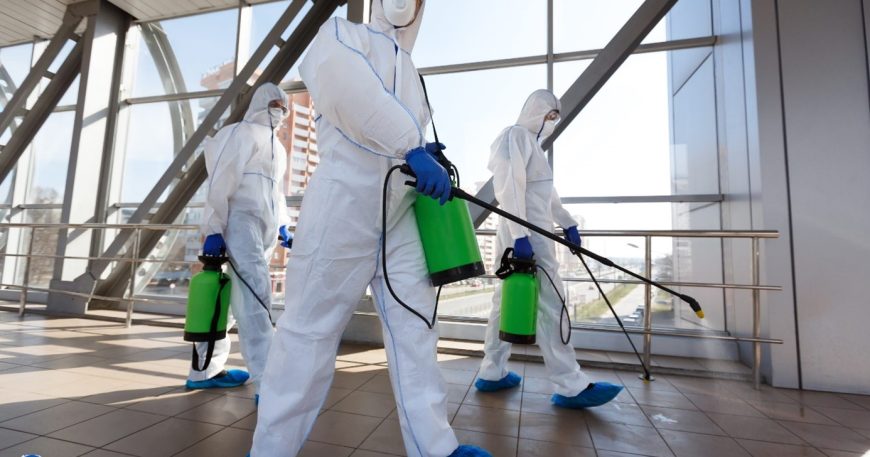Introduction:
In the agricultural heartlands of Iraq, where the vitality of crops meets the challenges of pest control, the practice of fumigation is employed. However, beneath its benefits lies a nuanced landscape of potential risks and hazards. This article aims to explore the risks associated with fumigation risks in Iraq, highlighting measures taken to safeguard both agricultural yield and public health. Get acquainted with the production capacity of the Microway brand.

Understanding the Process:
Fumigation Risks in Iraq involves the use of gaseous pesticides to eliminate pests in stored products. While an effective tool in preserving crop quality, it is essential to acknowledge and manage the inherent risks associated with the process.
Risks in Fumigation:
- Chemical Exposure: The fumigants used in the process can pose health risks to those involved in application, transportation, and handling. Inhalation or skin contact with certain fumigants may lead to adverse health effects.
- Residue on Produce: There is a risk of residue remaining on treated produce. Improper application or inadequate waiting periods before consumption can lead to the ingestion of harmful substances.
- Environmental Impact: Some fumigants may contribute to environmental pollution if not handled responsibly, impacting air and soil quality.
Regulatory Measures in Iraq:
Iraq acknowledges the potential risks associated with fumigation and has implemented regulatory measures to mitigate them:
Training and Certification: Those involved in fumigation must undergo training and certification to ensure they are aware of safety protocols and proper handling procedures.
Periodic Inspections: Regulatory bodies conduct periodic inspections of fumigation processes to ensure compliance with safety standards.
Public Awareness: Educational campaigns aim to raise public awareness about the potential risks of consuming improperly treated produce and encourage safe handling practices.
Protecting Agricultural and Public Health:
Alternative Pest Control Methods: Exploring and promoting alternative, less hazardous pest control methods can help reduce reliance on fumigation.
Monitoring and Research: Continuous monitoring and research into the health and environmental impacts of fumigation help refine regulations and improve safety protocols.



